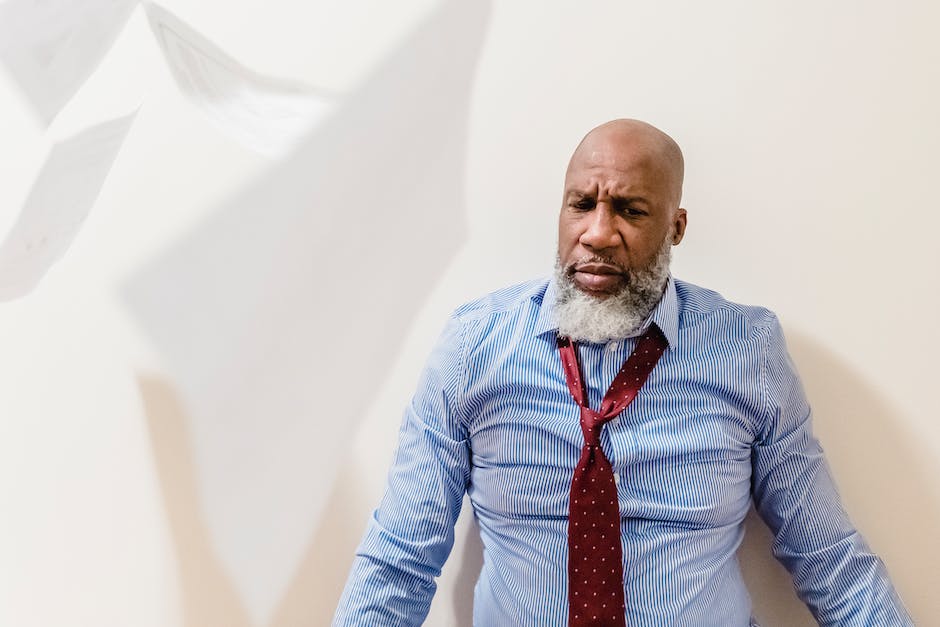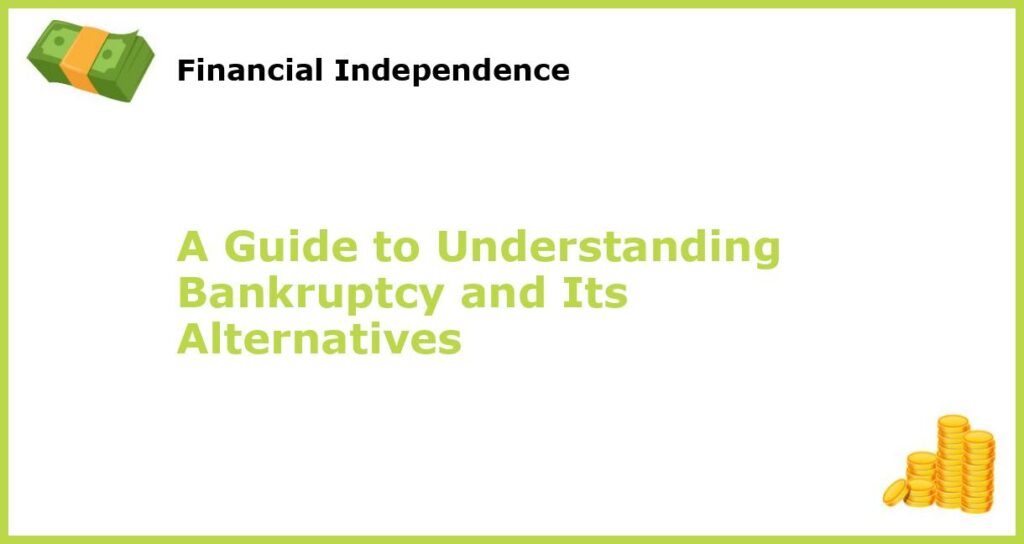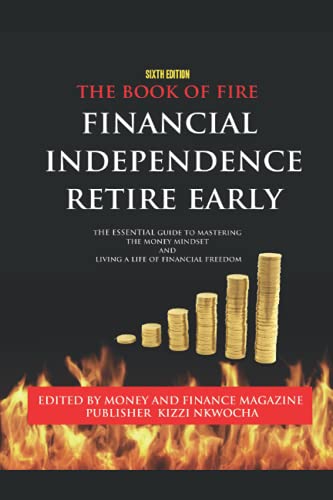Financial distress can take a serious toll on individuals and businesses alike. If you’re facing mounting debts, it can be challenging to know where to turn. Bankruptcy is one option to consider, but it’s important to understand the process and its consequences before making a decision. In this guide, we’ll explore bankruptcy and its alternatives, helping you make informed choices about your financial future.
What is Bankruptcy?

Bankruptcy is a legal process designed to help individuals or businesses who are unable to pay off their debts. It involves surrendering assets and property to a court-appointed trustee, who then sells them to pay off creditors. While the idea of giving up assets to pay off debts can be overwhelming, bankruptcy can provide a fresh start for those who are struggling to keep up with payments.
Bankruptcy does come with consequences, however. Whether you file for Chapter 7 or Chapter 13 bankruptcy (which we’ll explore in detail later), it can severely impact your credit score and stay on your credit report for up to 10 years. While bankruptcy can give you the relief you need from debt, it’s important to understand its full implications before making a decision.
Types of Bankruptcy

There are two main types of bankruptcy for individuals and businesses: Chapter 7 and Chapter 13. Chapter 7 bankruptcy involves the liquidation of assets to pay off debts, while Chapter 13 bankruptcy allows you to restructure your debt and pay it back over a longer period. Each type of bankruptcy has its own eligibility requirements and consequences.
Chapter 7 bankruptcy is often referred to as “liquidation” bankruptcy. It involves selling off your non-exempt assets to pay off your debts. After the assets have been sold, most of your remaining debts will be discharged, meaning you won’t be responsible for paying them. However, this type of bankruptcy can be more difficult to qualify for and can be riskier if you have significant assets.
Chapter 13 bankruptcy, on the other hand, allows you to restructure your debt and create a payment plan. This can make it a good option if you have a reliable source of income but are struggling to make payments. Rather than selling off your assets, you’ll be able to keep them and make payments over a longer period. However, this type of bankruptcy can also be more costly in terms of attorney’s fees and the length of the repayment plan.
Alternatives to Bankruptcy

Bankruptcy should be a last resort. Before considering bankruptcy, there may be other options available to you such as debt consolidation, negotiation with creditors, or seeking credit counseling. These alternatives could potentially save your credit score and finances in the long run.
Debt consolidation involves combining all of your debts into one monthly payment, typically at a lower interest rate. This can be helpful if you have multiple debts with high interest rates and can’t keep up with payments. Negotiation with creditors can also help you restructure your debt, either through a payment plan or a lump-sum settlement. Seeking credit counseling can help you create a budget and learn how to manage your finances more effectively, potentially avoiding bankruptcy altogether.
The Benefits of Bankruptcy

Filing for bankruptcy can be a difficult decision to make, but it can also come with benefits. For instance, it can provide a fresh start for individuals or businesses who are unable to pay off their debts. Bankruptcy can also stop creditor harassment and legal action, giving you some peace of mind as you work towards a resolution.
Additionally, bankruptcy can provide relief from overwhelming debt. If you are unable to keep up with payments on your debts and are facing severe financial hardship, bankruptcy can help you get back on your feet. While it’s not an easy process, it can provide a path forward when it feels like there is none.
The Downside of Bankruptcy

While bankruptcy can be helpful in certain situations, it can also come with negative consequences. As we mentioned earlier, it can impact your credit score and stay on your credit report for up to 10 years. Some debts, such as student loans and tax debt, cannot be discharged through bankruptcy. Additionally, bankruptcy can be costly in terms of legal fees and court costs.
It’s also important to remember that bankruptcy doesn’t necessarily provide a clean slate. For example, if you file for Chapter 7 bankruptcy, you may be required to surrender some of your assets in order to pay off your debts. This can be a difficult decision to make, and it’s important to understand the full implications of bankruptcy before proceeding.
Eligibility for Bankruptcy

Not everyone is eligible to file for bankruptcy. Chapter 7 bankruptcy, for instance, requires you to pass a means test to determine if your income is low enough to qualify. The means test takes into account your income, expenses, and debts to determine your eligibility. Additionally, if you have already filed for bankruptcy in the past, you may have to wait a certain amount of time before filing again. It’s important to understand the eligibility requirements for bankruptcy before proceeding.
Hiring an Attorney

Bankruptcy can be a complex process, and hiring an experienced attorney is highly recommended. They can help you navigate the legal requirements and understand your options. A bankruptcy attorney can also offer assistance with debt negotiation and debt consolidation, potentially helping you avoid bankruptcy altogether.
If you’re considering bankruptcy, it’s important to find an attorney who is experienced in bankruptcy law. They can help you understand the process, review your eligibility, and navigate the court system. While it can be an additional expense, hiring an attorney can ultimately save you time, money, and stress in the long run.
Bankruptcy and Your Credit Score

As we mentioned earlier, bankruptcy can significantly impact your credit score. This can make it harder to obtain loans or credit in the future. However, with proper credit management and responsible financial behaviors, it is possible to rebuild your credit score over time.
One way to rebuild your credit score after bankruptcy is to obtain a secured credit card. This type of card requires a cash deposit that serves as collateral for the credit limit. By making timely payments and demonstrating responsible credit behavior, you can gradually improve your credit score over time.
The Emotional Toll of Bankruptcy
Bankruptcy can be emotionally taxing. It may feel like a failure to manage your finances, and it can be difficult to come to terms with the fact that you need help. However, it’s important to remember that bankruptcy is a legal process designed to help you get back on your feet.
If you’re struggling with the emotional toll of bankruptcy, consider seeking support from friends, family, or a therapist. They can help you navigate the process and come to terms with your situation. Additionally, joining a support group for others who have gone through bankruptcy can be a helpful way to connect with others who are facing similar challenges.
Conclusion
Bankruptcy is a serious decision that should be made only after careful consideration of all options. It can be a useful tool for individuals or businesses who are struggling with debt, but it can also come with consequences that last for years. Understanding bankruptcy and its alternatives is key to making an informed decision about your financial future.
If you’re considering bankruptcy, it’s important to consult with an experienced attorney and explore all of your options. With careful planning and responsible financial management, you can move forward with confidence, knowing that you’ve made the best decision for your situation.







